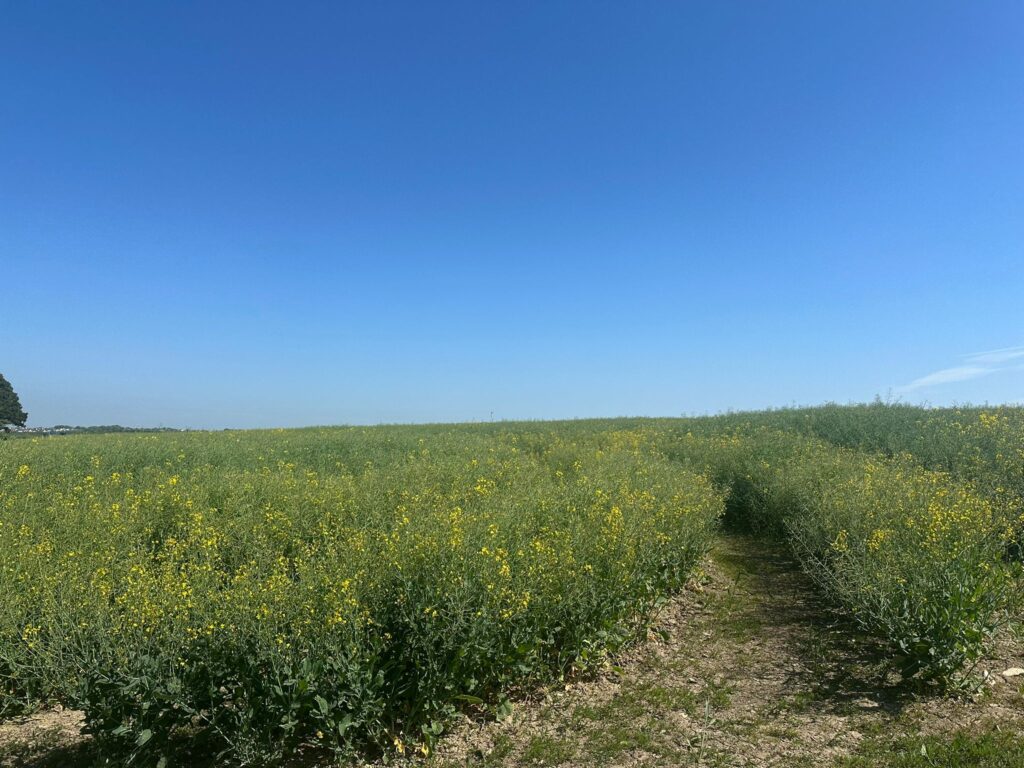Welsh farmers are at a crossroads, grappling with the impacts of climate change and government policies that could reshape their way of life. In the heart of Cardiff, arable farmer Richard Anthony stands in a wheat field, his concern palpable as he discusses the challenges posed by a changing climate. Farmers like Anthony are seeking guidance and support from the Labour-led Welsh parliament to navigate the evolving agricultural landscape.
The Welsh government’s environmental plans, particularly the Sustainable Farming Scheme (SFS), have faced significant backlash from farmers, causing delays and discontent. The proposed measures, aimed at reducing emissions and promoting sustainable practices, have sparked fears of job losses and livelihood disruptions among the farming community. This discord has not only strained relations between farmers and the government but has also dealt a blow to Labour’s standing in Wales.
As the political landscape in Wales shifts, with Labour losing ground to Reform UK and Plaid Cymru, experts point to a broader trend of dissatisfaction with both the Welsh and UK Labour governments. The perceived lack of decisive action on pressing issues, such as climate change and agricultural policies, has eroded support for Labour among voters.
The implications of faltering climate policies extend beyond the agricultural sector, affecting Wales’ overall emissions targets and environmental commitments. The challenge of balancing economic interests with environmental sustainability looms large, especially as agriculture emerges as a key contributor to emissions in Wales. The need for innovative solutions that align with climate goals while supporting farmers’ livelihoods is more pressing than ever.
Amidst the uncertainty and discontent among farmers, political parties like Plaid Cymru and Reform UK are seizing the opportunity to appeal to rural voters. The debate over the SFS and broader climate policies has become a focal point in the upcoming elections, shaping the narrative around sustainability, economic development, and political leadership in Wales.
The tension between local priorities and national climate targets underscores the complex dynamics at play in Welsh politics. The delicate balance between supporting agricultural communities and meeting environmental objectives remains a central challenge for policymakers and stakeholders. The decisions made in the coming months will not only impact the future of farming in Wales but also set the course for broader policy directions and electoral outcomes.
As Wales navigates the intricacies of agricultural and environmental policy, the rift between Labour and rural voters deepens. The road ahead is fraught with uncertainties and competing interests, highlighting the need for nuanced, collaborative approaches to address the pressing issues facing Welsh agriculture. The choices made today will shape the future of farming, sustainability, and political discourse in Wales for years to come.









Leave feedback about this